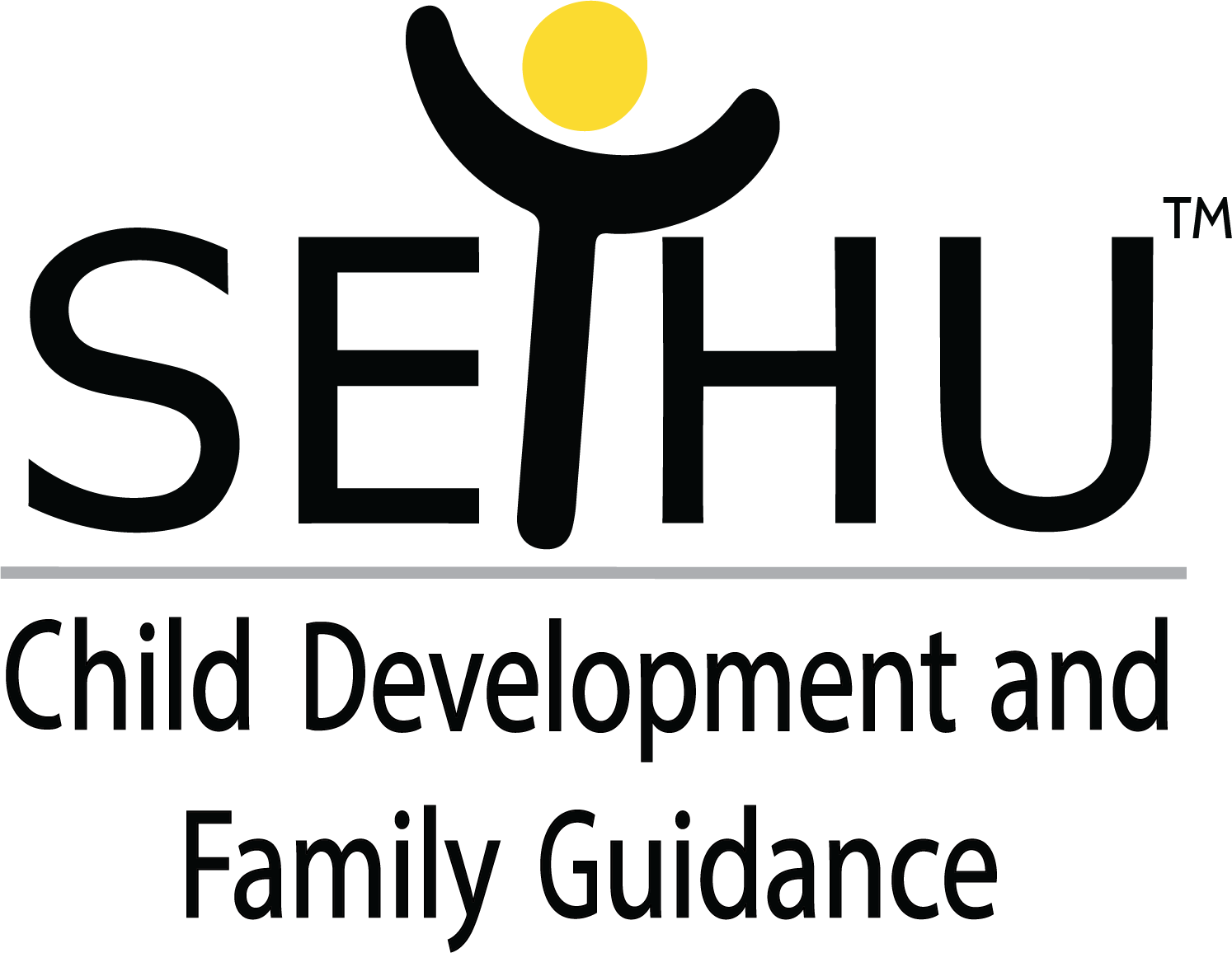Author: Manju Sashidharan| December 03, 2020

The International Day of Persons with Disabilities is observed every year on December 3. This day is observed so that we can all think about how we can create a community that is inclusive for everyone.
This year’s theme ‘Not all Disabilities are Visible’ focuses on spreading awareness and understanding of disabilities that are not immediately seen, such as mental illness, vision or hearing impairments, neurological disorders, learning differences and cognitive dysfunctions.
It is a perfect opportunity to further our knowledge and awareness of various disabilities, which can fall into 21 categories. Including mental illness, intellectual disabilities, hearing impairments, and blindness. It is helpful to learn about these conditions so that we know how we can assist anyone who is living with a disability.
When we talk about creating a society that is inclusive, we don’t only mean ensuring that disabled people are able to travel with ease and can go to any place they wish, but we also mean accessibility in terms of being able to fully integrate into society and have an equal opportunity with regard to employment choices.
To mark this important day- and in keeping with the theme, I invite you to take this golden opportunity to learn about a disability which you are not familiar with and may not be visible at a glance. Read up and reach out – you never know, you may be able to help in a way that you never thought possible.
A disability that we deal with on a daily basis at Sethu is learning disability (LD) and specific learning disability (SLD). Learning Disability results from a difference in the way a person’s brain is ‘wired’. Children with learning disabilities are often as smart or smarter than their peers. But they may have difficulty reading, writing, spelling, reasoning, recalling and possibly organising information if they are left to figure things out by themselves or if taught in more traditional ways such as rote learning.
A learning disability may not be curable, but with the right support and intervention, children with learning disabilities can succeed and excel in school.
Parents can help children with learning disabilities achieve confidence and success by encouraging their strengths, knowing their weaknesses, understanding the educational system, working with professionals and learning about strategies for dealing with specific difficulties for themselves.
If you feel your child or a child you know may have a learning disability please reach out to us at Sethu and ask for an assessment.
MANJU SASHIDHARAN
Special Educator.
